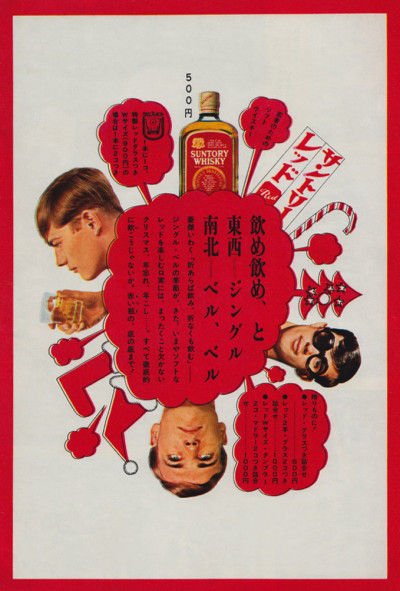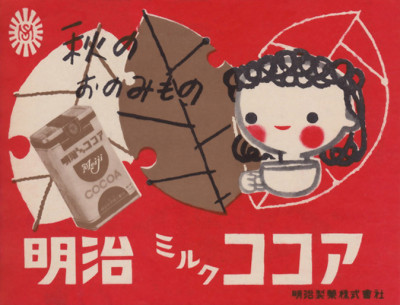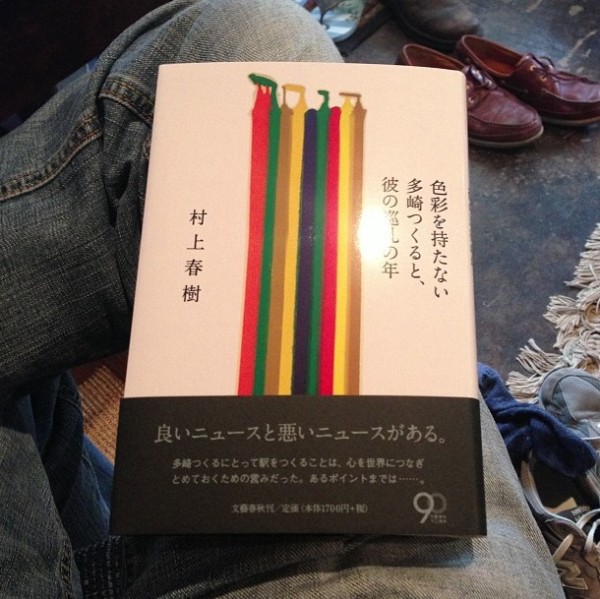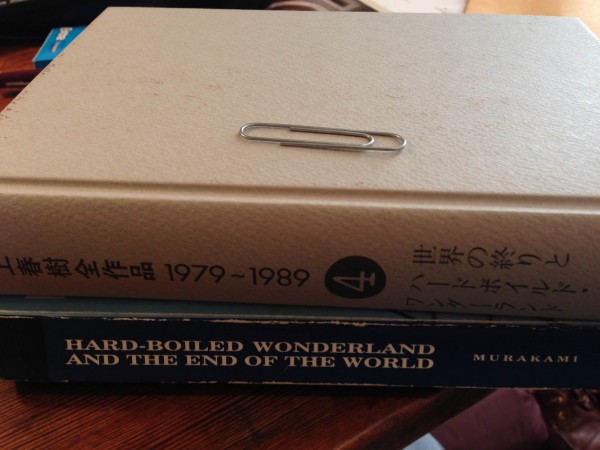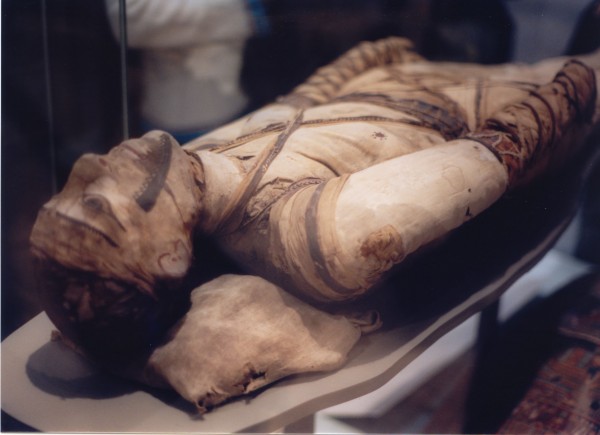Welcome to the Seventh Annual How to Japanese Murakami Fest!
With the goal of stirring up even more interest in Murakami between now and October, when the Nobel Prizes are announced, I will post a small piece of Murakami translation/analysis/revelation once a week from now until the announcement. You can see past entries in the series here:
Year One: Boobs, The Wind, Baseball, Lederhosen, Eels, Monkeys, and Doves
Year Two: Hotel Lobby Oysters, Condoms, Spinning Around and Around, 街・町, The Town and Its Uncertain Wall, A Short Piece on the Elephant that Crushes Heineken Cans
Year Three: “The Town and Its Uncertain Wall” – Words and Weirs, The Library, Old Dreams, Saying Goodbye, Lastly
Year Four: More Drawers, Phone Calls, Metaphors, Eight-year-olds, dude, Ushikawa, Last Line
Year Five: Jurassic Sapporo, Gerry Mulligan, All Growns Up, Dance, Mountain Climbing
Year Six: Sex With Fat Women, Coffee With the Colonel, The Librarian, Old Man, Watermelons
Year Seven: Warmth
In Chapter 19 “Hamburgers, Skyline, Deadline,” Watashi and the Girl in Pink have hamburgers, make it to the old man’s office building, and then prep for another spelunking adventure…after ominously discovering that there are 36 hours left until something bad happens.
A couple of interesting things of note in this chapter. There is one callback to the watermelon metaphor that gets cut by Murakami for the Complete Works version. After Watashi tells the Girl in Pink that he doesn’t think he has any special qualities, she insists that his “emotional shell” is what makes him special and gives him the ability to shuffle. It helped protect him from the procedure they performed on him. Here is the paperback version after that:
「ガードというのはつまりメロンの皮のようなものだね?」
「簡単に言えばそうね」
「それで」と私は言った。「その僕の抗体なり殻なりメロンなりというのは、先天的な資質なのかい?あるいは後天的なもの?」(330-331)
“So this guard is basically like the rind of a melon?”
“Put simply, yes.”
“So,” I said. “This antibody or shell or rind or whatever it is, is it an innate faculty? Or is it something I acquired?”
I’ve borrowed some of Birnbaum’s language from his translation, which is very close to the Complete Works version:
私はそれについてしばらく考えてみた。「その僕の抗体なりガードなり殻なりは、先天的な資質なんだろうか?」(265)
Except Birnbaum keeps the “acquired line” in translation:
I thought this over. “This antibody factor or guard or whatever, is it an innate faculty? Or is it something I acquired?” (194)
Not a massive change, but a missed callback to the melon stuff from earlier. Always interesting to see what Murakami is doing.
Birnbaum works some of his translation magic as always. When the pair get to the office, it’s been ransacked just as his apartment was, and all the girl’s clothes are strewn across the floor, which gives Birnbaum the chance to work with this line:
濃いピンクから淡いピンクまでの見事なグラデーションだった。(266)
An orchestration of pink in every gradation from light rose to deep fuchsia. (195)
And there is also a missed translation…because everyone is fallible. The device to repel the INKlinks (yamikuro) is still working, despite it having been knocked around:
“It’s all right, it works fine. They probably thought it was a useless contraption. Lucky for us, because the mechanism’s so simple, one little whack could have broken it.” (195)
But the Japanese suggests that it could not have been broken so easily:
「大丈夫よ。ちゃんと動くわ。きっと意味のない機械だと思ったんでしょう。それにこの機械の原理はとても簡単だからちょっとぶっつけただけではなかなか壊れない」と彼女は言った。(267)
“It’s all right. It works fine. They probably thought it was a useless contraption. And the mechanism’s so simple that a little bump on the head wouldn’t break it,” she said.
An alternate translation for that last line might be: “And the mechanism’s so simple that it would take more than a little bump to break it.”
But all these are just trivia, for the most part. The most interesting cut has to do again with the Girl in Pink, who becomes far more interesting this chapter. She’s always been overly cute and sensual and a bit frisky, but in this chapter she shows us exactly how smart and skillful she is. She’s learned just about everything from the old scientist: how to dodge taxes, trade stocks, run things for him. She’s completely financially independent. In what seems like a foreshadowing of Creta Kano’s invitation to Toru, she invites Watashi to run off to Europe. The Girl in Pink even suggests that once abroad he could be “reborn” as a “first-rate human being” (一流の人間). Watashi’s response from the Complete Works:
「ふうん」と私は言った。(263)
“Hmm,” I said.
Birnbaum’s translation leaves a vestigial tale of the original paperback text:
“Hmm.” Not a bad offer. (192)
In the original, the narrator deliberates a good bit longer and in doing so captures the mindset of many Murakami protagonists:
「ふうん」と私は言った。悪くない話だった。計算士としての私もこの事件のせいで微妙な局面にさしかかっているし、外国でのんびり暮すというのは魅力的だった。しかし自分が本当に一流の人間になれるという確信が私にはどうしても持てなかった。一流の人間というのは普通、自分は一流の人間になれるという強い確信のもとに一流になるものなのだ。自分はたぶん一流にはなれないだろうと思いながら事のなりゆきで一流になってしまった人間なんてそんなにはいない。(327)
“Hmm,” I said. Not a bad offer. This incident had put me in a tight spot as a Calcutec, so a leisurely life abroad did have its charms. However, I wasn’t confident I could ever become a first-rate human being. Usually first-rate human beings become first rate because they have strong conviction that they can become first rate. There aren’t many human beings who became first rate just caught up in the current of things, the whole time thinking they weren’t first rate.
Not exactly critical information, but kind of the arm-chair philosophy/wordplay that has generated fanboys and girls for Murakami. And endearing, for sure…at least to me. It builds up the narrator as more of an underdog.
This passage feels like Murakami digging into his subconscious. He basically jetted off to the Mediterranean shortly after publishing this book, and he worked on Norwegian Wood while he was there (1985-1987 or so). He had a decent readership by the time Hard-boiled Wonderland was published, but I bet he wondered what level of success he’d achieve. He published Norwegian Wood in 1987 while still living abroad, and when he came home, he was a celebrity. Quite a rebirth.





